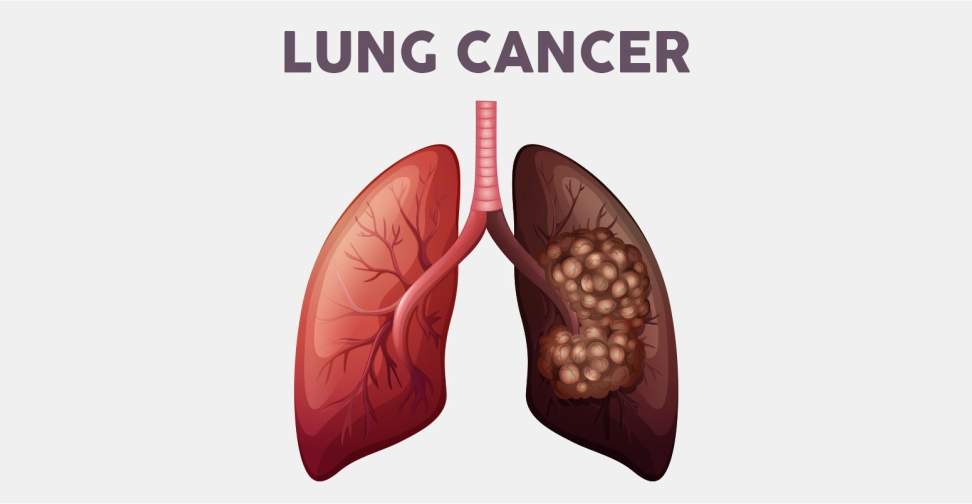Our Services


Lung Cancer
Lung cancer is a malignancy that starts in the lungs and can spread to other parts of the body. It is primarily caused by the uncontrolled growth of abnormal cells in the lung tissues, often as a result of exposure to carcinogens, such as tobacco smoke, environmental pollutants, or genetic predisposition.
There exist two primary classifications of lung cancer.
- Non-Small Cell Lung Cancer (NSCLC):
This is the most common form, accounting for approximately 85% of lung cancer cases. It includes three subtypes: adenocarcinoma, squamous cell carcinoma, and large cell carcinoma
- Small Cell Lung Cancer (SCLC):
This type is less common but tends to be more aggressive. It frequently metastasizes to various organs in the body.

Treatment
Lung cancer treatment typically involves a combination of approaches, which may include:
- Surgery:
For early-stage lung cancer, the tumor and surrounding tissue may be surgically removed. This is often the primary treatment when the cancer has not spread extensively.
- Radiation Therapy:
Radiation therapy employs high-energy rays to specifically target and eradicate cancer cells. This treatment approach can be utilized either before surgical intervention to reduce the size of the tumor or post-surgery to eradicate any remaining cancerous cells.
- Chemotherapy:
Systemic medications are used to kill cancer cells throughout the body. Chemotherapy can be used in combination with surgery or radiation and is often the primary treatment for advanced lung cancer.
- Targeted Therapy:
This approach involves drugs that specifically target the genetic mutations or other specific factors driving the growth of cancer cells. Targeted therapy is often used in cases of advanced NSCLC.
- Immunotherapy:
Immunotherapy drugs help the body’s immune system recognize and attack cancer cells. They are becoming increasingly important in the treatment of lung cancer, particularly in advanced stages.
- Palliative Care:
This focuses on providing relief from symptoms and improving the quality of life for patients, especially in advanced stages where a cure may not be achievable.
Treatment plans are highly individualized and depend on the type and stage of lung cancer, as well as the patient’s overall health and preferences. Early detection and prevention through smoking cessation and reducing exposure to environmental carcinogens are crucial for improving lung cancer outcomes.
It’s important for individuals at risk for lung cancer to seek regular medical check-ups and screenings, especially if they have a history of smoking or other risk factors. Early detection can significantly improve the chances of successful treatment and survival.

Any Questions find here.
A pulmonologist is a medical specialist who focuses on diagnosing and treating diseases and conditions related to the respiratory system. You should consult a pulmonologist if you have persistent breathing problems, chronic cough, chest pain, or a lung-related illness.
During your first visit, you can expect a thorough evaluation of your medical history, a physical examination, and potentially additional tests. Our pulmonologist will discuss your symptoms and develop a personalized treatment plan.
Yes, we are accepting new patients. Contact us to schedule an appointment and start your journey to better lung health.
In most cases, a referral is not required to see a pulmonologist. You can schedule an appointment directly with our clinic.
Get in Touch
Dr. Bhatt Chest Center
Hasthinapuram Central, Laxmi Narashima Puram Colony, Hastinapuram, Hyderabad, Telangana - 500 074.
Clinic Timings
Mon - Sat : 6pm to 9pm
Sunday Closed

